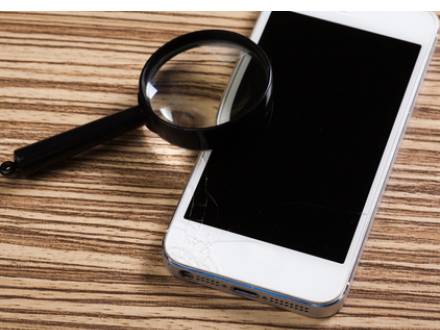
 A recent federal ruling declaring the legality of police forcing suspects to unlock their phones using a thumbprint scan raises interesting questions about criminal procedures and self-incrimination. The police are authorized to make you use your biometrics so they can access your phone, even if there is potentially incriminating information on it. If you are suspected of committing a crime, speak with a knowledgeable DuPage County, IL criminal defense lawyer to understand your rights and how this ruling might affect you.
A recent federal ruling declaring the legality of police forcing suspects to unlock their phones using a thumbprint scan raises interesting questions about criminal procedures and self-incrimination. The police are authorized to make you use your biometrics so they can access your phone, even if there is potentially incriminating information on it. If you are suspected of committing a crime, speak with a knowledgeable DuPage County, IL criminal defense lawyer to understand your rights and how this ruling might affect you.
The Fifth Amendment in the Constitution is one of the most invoked amendments by defendants in court cases because it states that no one can be forced to incriminate themself. If you know that an answer to a question you are asked under oath can make you appear guilty, you can "plead the fifth" and refrain from answering.
However, there are limits to the amendment. The law distinguishes between types of information you can and cannot be forced to give to the police, as follows:
The federal ruling allowing the police to force you to unlock your phone with a thumbprint hinges on this distinction. Providing the pattern lock or passcode to your phone would be a testimonial act because the passcode or pattern is the knowledge that you have in your mind. Using your thumbprint is nontestimonial because it is not something you know but something that exists, similar to a DNA test.
The law is constantly developing to meet the demands of evolving technology. If you are questioned as part of a criminal investigation, speak with a seasoned Wheaton, IL criminal defense attorney to understand your rights as a suspect. At Davi Law Group, LLC, we believe that knowledge is power and we are dedicated to helping our clients make informed decisions about when they need to comply with police demands and when they can refuse. Call us at 630-580-6373 to schedule a free consultation.
 A lawyer’s time and advice are his stock and trade.
A lawyer’s time and advice are his stock and trade.